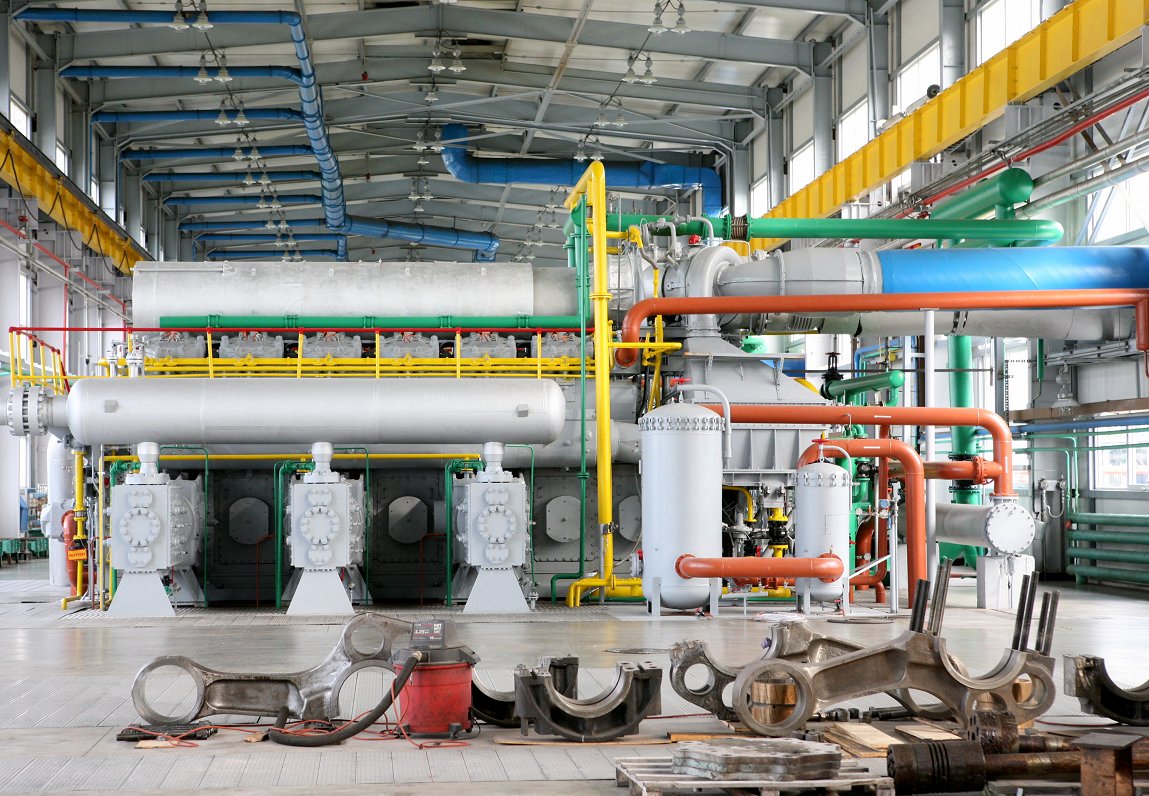Depending on usage, natural gas tariffs are expected to decrease by anywhere from 7% to more than 10%. The fall in global gas prices is partially responsible for the decreased tariffs, as well as the agreement between Latvia, Estonia and Finland on creating single gas transmission tariff zone.
According to Conexus Baltic Grid, the single natural gas market is a single natural gas transmission entry/exit tariff area, which means that payments when crossing the territorial borders of each country are being cancelled.
"You could say that this year household users can be sure that they can freely use natural gas for heating and cooking, and not worry about huge bills, they should be at the historically lowest level over the past ten years," said Public Utilities Commission Director Rolands Irklis.
Natural gas consumers using up to 25 000 cubic meters experience two tariff changes a year - on January 1 and July 1.
Sadales Tīkls was able to decrease tariffs thanks to a 2017 efficiency program, which has already saved the company 26 million euros. The program will continue until 2022, however the optimization effects are already apparent in the tariff decreases, says the company.
The greatest beneficiaries will be electricity consumers who use the grid connection capacity effectively, as well as those who use it during the night. The distribution services make up around ⅓ of cost of electricity, which includes distribution service operator costs and transmission operator Augstsprieguma Tīkls costs, which haven't changed.
As previously reported on January 2, the Economics Ministry submitted to the government committee a report that lists possible solutions for discontinuing the mandatory procurement component in electricity tariffs as of 2022.
Also this year, the European Commission announced on March 19 it had signed off on a 323-million-euro grant to integrate the electricity networks of the Baltic states with those in the rest of the European mainland.






























